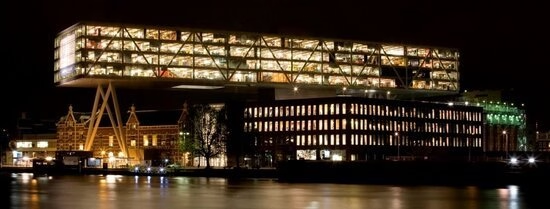Whereas until recently society expected companies to bring prosperity and jobs, today it sees them as co-expressors of values. But making the 'right' choices is complicated, because you are dealing with conflicting interests. Muel Kaptein, professor of business ethics at Rotterdam School of Management, Erasmus University, calls it 'unique' that so many companies are making a political statement by using their economic power to suspend activities in Russia.
“It is very complicated”, says professor of business ethics Muel Kaptein about whether or not companies should stop trading with Russia. “You cannot fall back on legislation and regulations, you have to deal with conflicting interests, and nowadays society often considers getting in line with the European sanctions rules to be insufficient. Waiting too long is even seen as not listening to others.”
“Moral authenticity is expected of companies”, says Kaptein. “Certainly now that shareholders, consumers and employees realise that companies have influence. Companies have to behave like good citizens and can no longer limit themselves to things like creating value and securing continuity.”
Kaptein calls it 'unique' that so many companies make a political statement by using their economic power to suspend activities. Heineken, for example, has stopped brewing and selling its flagship brand, although local beer brands remain on Russian shelves.
Read the full article on FD.nl (in Dutch)
- Related content

